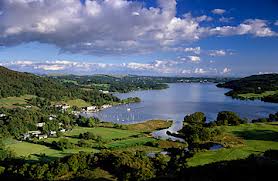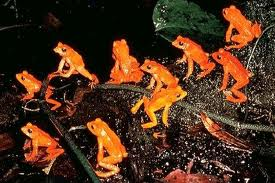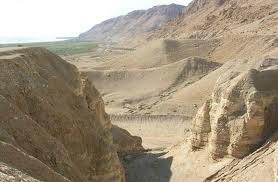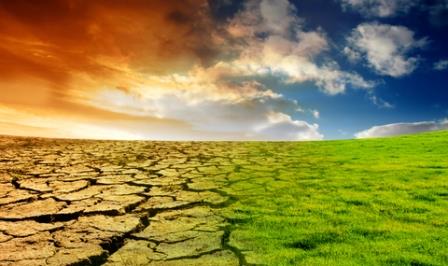B Soc Sc Geography & Environmental Management
Introduction to Physical Gegraphy
| Four Systems are Studied: |
Atmosphere – the structure and composition of the atmosphere and human influence on it; weather and climate.
B Soc Sc Geography & Environmental Management
Biosphere – basic ecological concepts pertinent to populations, communities and ecosystems.
 |
 |
 |
Hydrosphere – the hydrological cycle, transport by running water, coastal processes.
Lithosphere – broad-scale lithospheric processes; the composition and dynamics of the earth’s crustal system.
 |
 |
Knowing about the physical geography of the planet is important because the natural processes of the earth affect the distribution of resources, the conditions of human settlement, and have resulted in a plethora of varied impacts to human populations throughout the millennia.
B Soc Sc Geography & Environmental Management
Examples of Geography Careers
Cartography & GIS Environmental Studies
- Cartographer/Computer Mapper
- Environmental Manager
- Geographic Information System Specialist
- Forestry Technician
- Remote Sensing Analyst
- Park Ranger
- Surveyor
- Hazardous Waste Planner
- Emergency Management
Physical Geography & Earth Science Urban & Regional Planning
- Weather Forecaster
- Urban and Community Planner
- Outdoor Guide Transportation Planner
- Coastal Zone Manager
- Health Services Planner
- Soil Conservationist/Agricultural Extension Agent
- Environmental Planner
- Hydrologist
Economic Geography Geographic Education
- Market Researcher
- Elementary/Secondary Teacher
- Traffic Manager (Shipper)/Route Delivery Manager
- Overseas Teacher
Environmental Science Careers
The Master of Science in Environmental Sciences at UC Denver is designed to provide students with the problem-solving methods needed to understand and resolve environmental problems. This includes training in engineering, natural/physical sciences, and in environmental law and regulations. The goals of the program are to enhance the interdisciplinary communication and analytical skills of the student, and provide opportunities for more intensive training within a particular subject area. Students receive instruction in the physical and biological dynamics of various ecosystems, environmental engineering, and environmental policy issues associated with environmental analysis.
Many of the students in the MS program are environmental professionals, employed full-time, who are interested in broadening the knowledge base obtained in their undergraduate programs. Job opportunities for graduates of this program may be found in government agencies (EPA, Colorado Department of Health and USGS, for example), industry, and environmental and engineering consulting firms.

